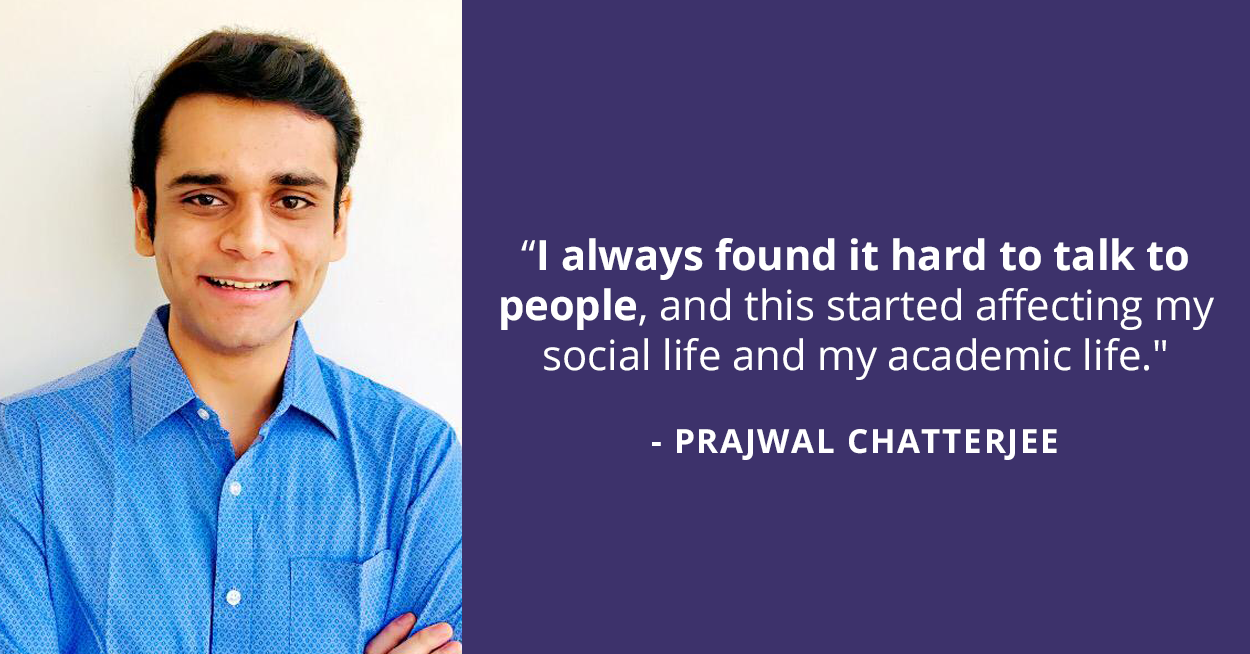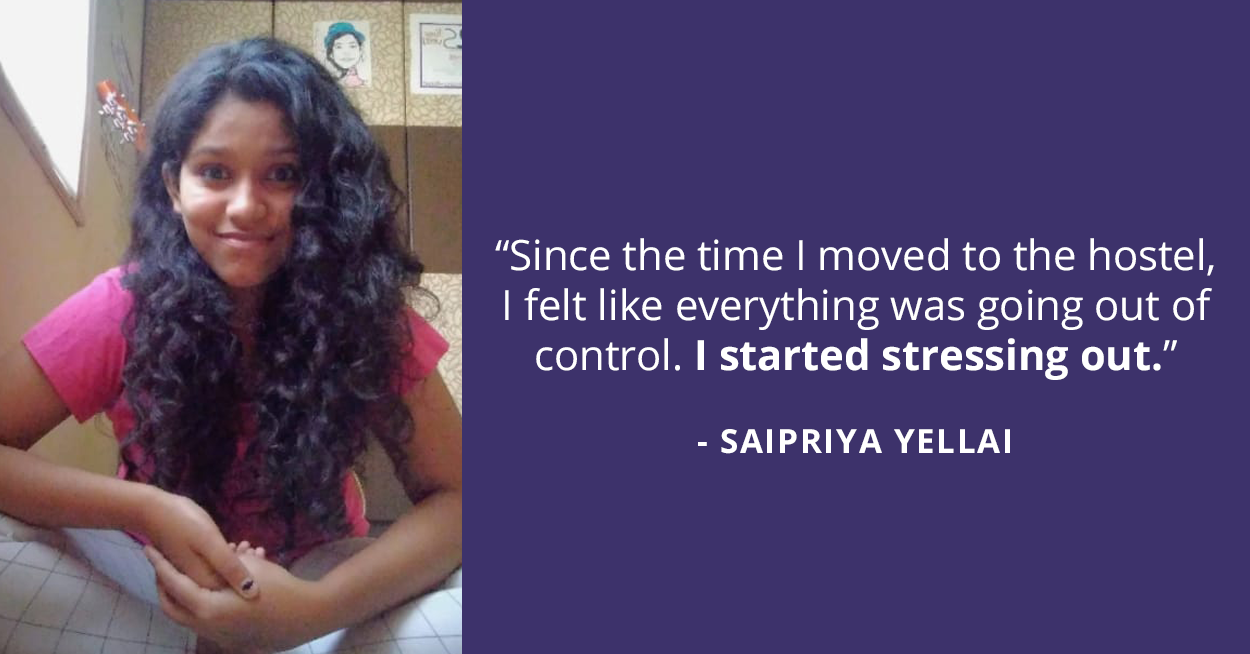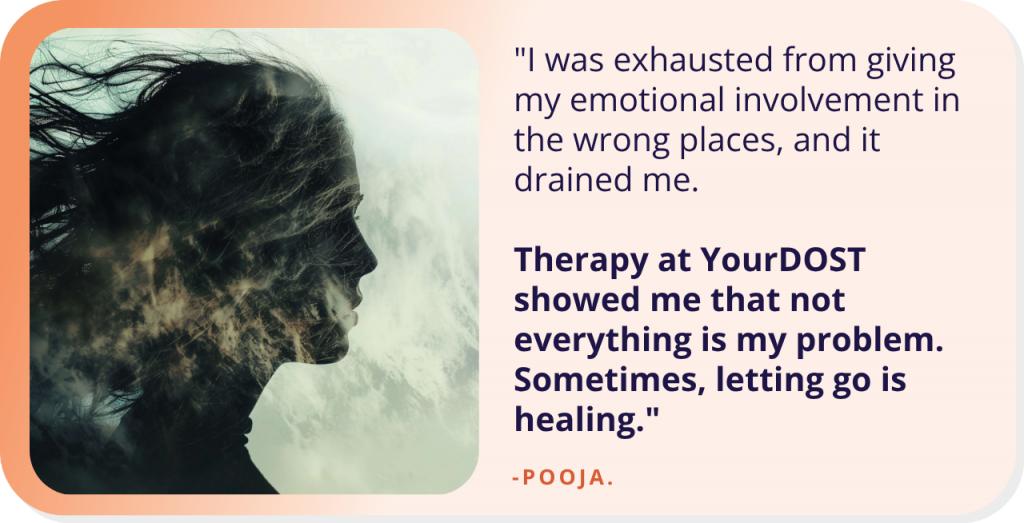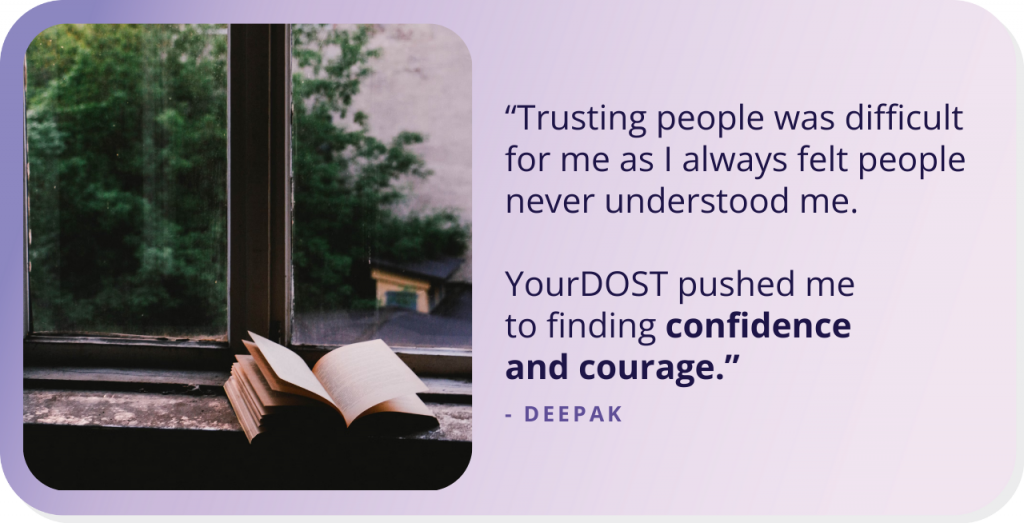
“You Are Your Priority” – Prajwal’s Lesson on the Fear of Interacting with People

“Self-consciousness is the enemy of all art, be it acting, writing, painting, or living itself, which is the greatest art of all.” ― Ray Bradbury
It’s pretty common for each one of us to face difficulty interacting with people at least once in our lifetime. Whether it’s the fear of getting misjudged, misunderstood, or simply feeling uncomfortable, there are times we just can’t interact. But imagine facing it every day! Yes, you heard us right! Prajwal Chaterjee, a psychology student from Ahmedabad University in a conversation with YourDOST, shares how interacting with people was a living nightmare for him every day of his life until he learned to overcome it.
“I was always worried as to what they will think about me when I start talking.”
It was always tough for Prajwal to communicate with others as he was never very confident in himself and felt that he lacked social skills. From not being able to do presentations in front of his class to becoming nervous while simply helping a stranger with directions, Prajwal’s fear of interaction had generally started to take a toll. Such extreme pangs of nervousness and lack of confidence kept growing for Prajwal until he recognized it as an issue one day.

Prajwal decided first to accept his fear and then take steps to get over it. In his quest to address the issue, he reached out to YourDOST and got an appointment with counselor Nikita Aggarwal, meeting with whom he had the same feelings of fear. But Nikita made him feel extremely comfortable and accepted during the session. She helped Prajwal understand how counseling worked and always made room for his thoughts in the sessions.
By building a rapport slowly, Nikita was able to make Prajwal at ease. She was also able to help him build up his self-confidence through Cognitive Behaviour Therapy and by helping him track his thoughts whenever he was in an uncomfortable situation. This way, Prajwal identified the constant recurring thoughts, which gave him an idea of where he needed to focus on bringing back his confidence.
“With the help of CBT, I was able to overcome my negative thoughts.”
But that’s not it. Nikita also taught Prajwal breathing techniques to help him stay calm and relaxed whenever he felt anxious in any situation. She often encouraged him to talk about the scenarios that made him feel highly anxious and asked questions to address what scared him and its causes.

Being able to track the exact thoughts of fear, its causes, and his recurring anxieties, Prajwal could gradually get the hang of his issues. And by meditating a few minutes every day, he also learned to become a little calmer than before.
“My counseling sessions did not go in vain. I was able to see some changes in myself. I felt more confident about myself.”
Although the first few sessions were a little hard for Prajwal to adjust to the process and learn the techniques, eventually, he got the hang of it. Not only did he learn to reflect on himself, but he also learned to willingly put in the effort to go and talk to other people as the ‘fear’ attached to it kept subsiding slowly. Initiating conversations became an achievement for Prajwal. Not only that, but he also did better in his academics owing to the confidence and the transformation that therapy offered him.

While summarising his journey, he urges people to take mental health seriously.
“I would like to urge all the people that whatever society says, or whatever stigma is present with counseling, psychology or clinical sessions, they are all stigmas and not a reality.”
He believes accepting mental health as a priority will help many people overcome all the minor issues they face that hinder their overall growth. He suggests that people must listen to what they want and not go along with what others want them to do.
Our YD Warrior Prajwal’s story is an inspiring bit for anybody who’s trying to bridge the gap of self-induced fear. So if you’re on it too, we hope you remember you are your priority- a lesson Prajwal learned through therapy.
Prajwal’s Warrior Tips:
1. Whatever self-doubt or problem you have is between you and yourself. Any individual or person coming in between is not essential to the issue.
2. However difficult you may find it to reach out to a counselor, never stop trying.
Are you someone who has gone through a difficult phase and emerged stronger and better, with some professional help? Share your story with us to encourage thousands of others who might be struggling. click here to submit your story.






